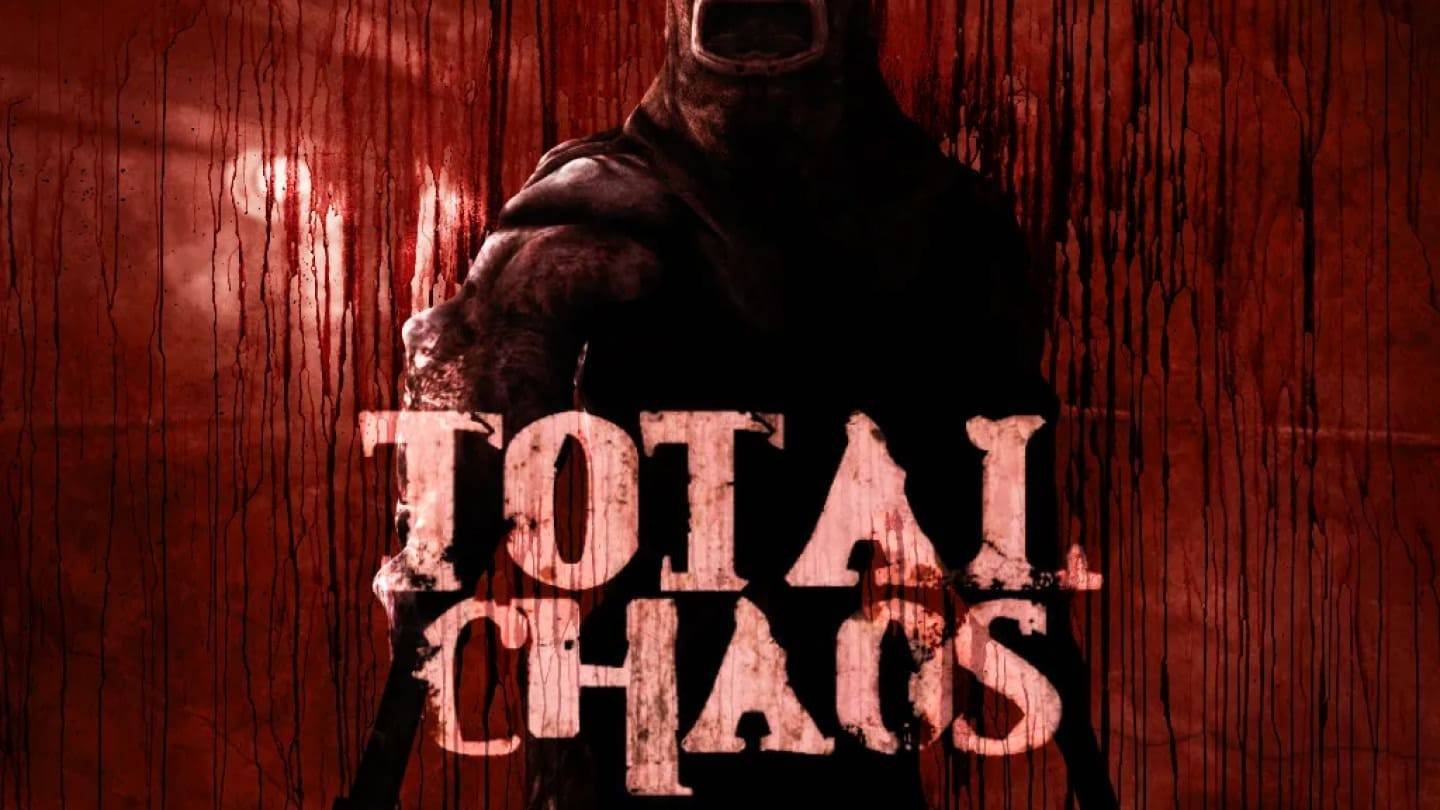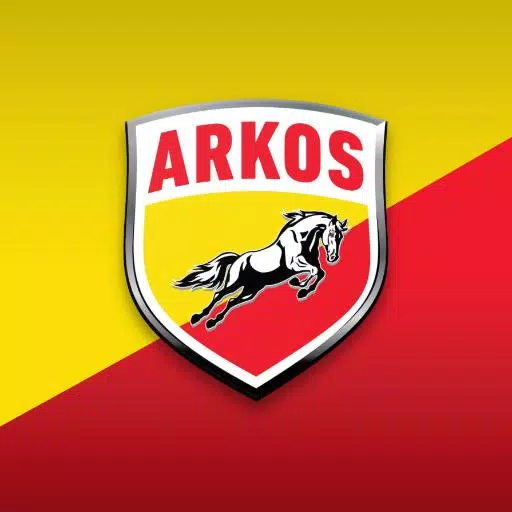NetEase's Marvel Rivals, a resounding success with ten million players in its first three days, has generated millions for the developer. However, a recent Bloomberg report reveals that CEO William Ding nearly canceled the game due to reservations about using licensed IP.
This report highlights NetEase's current restructuring: Ding is implementing job cuts, studio closures, and scaling back overseas investments. The aim is to streamline operations, combat recent growth stagnation, and better compete with industry giants Tencent and MiHoYo.
This restructuring nearly resulted in the cancellation of Marvel Rivals. Sources indicate Ding's reluctance to pay licensing fees for Marvel characters led to attempts to replace them with original designs. The aborted cancellation reportedly cost NetEase significant funds, yet the game launched and achieved remarkable success.
Despite this success, the restructuring continues. Recent layoffs at the Marvel Rivals Seattle team, attributed to "organizational reasons," underscore this trend. Furthermore, Ding has halted investments in overseas projects, reversing previous substantial investments in studios like Bungie, Devolver Digital, and Blizzard Entertainment. The report suggests Ding prioritizes projects projected to generate hundreds of millions annually, although NetEase denies using arbitrary revenue targets for game viability.
Internal sources paint a picture of instability under Ding's leadership, citing his volatile decision-making, pressure on staff to work excessive hours, and appointments of recent graduates to senior leadership positions. The frequency of project cancellations raises concerns about NetEase's potential game releases in China next year.
NetEase's reduced investment in game development coincides with broader industry uncertainty, particularly in Western markets. The past few years have witnessed widespread layoffs, cancellations, and studio closures, coupled with the underperformance of several high-profile, expensive games.















